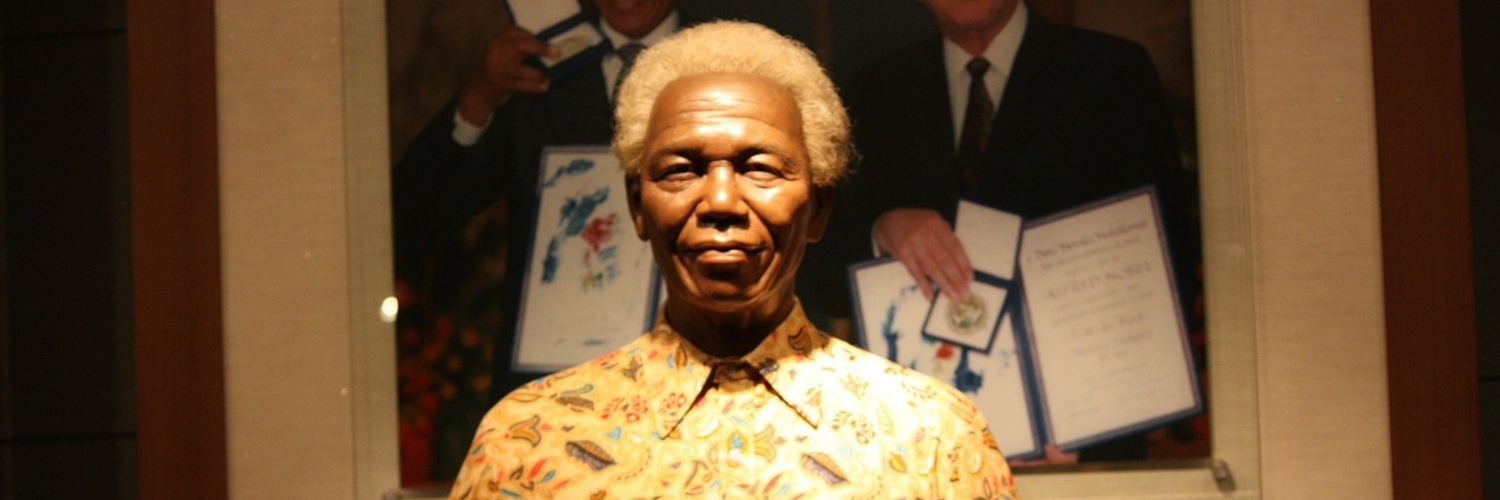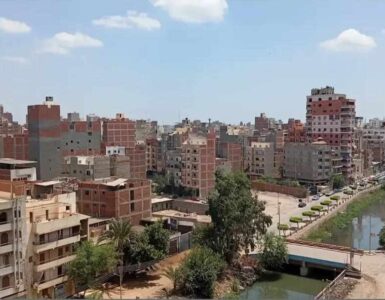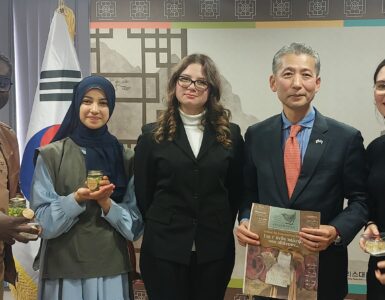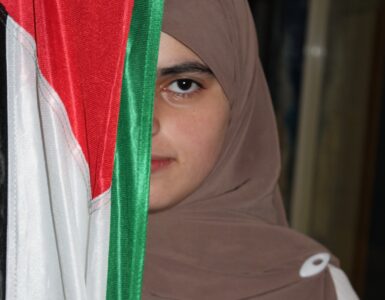A short while ago I received a message on Facebook:
“On the centenary of his birth, we remember the former South African president as an advocate of human rights, dignity and freedom. Imagine the influence we would have if everyone followed his example and tried to affect the lives of others”.
That made me think of how influential Nelson Mandela was and I began reading about his struggle in the name of humanity.
His official website, nelsonmandela.org was my main source of information.
Mandela belonged to the Madiba tribe and was born in July 1918. As a child, he would listen to stories of his ancestors fighting wars of resistance and he dreamed that he too would one day contribute to his people’s freedom.
He studied at Fort Hare University and in 1952, together with Oliver Tambo, set up the first black lawyer’s office in South Africa. He cofounded the organisation “Spear of the Nation” and was asked to lead the armed resistance movement.
He was later obliged to leave South Africa and he travelled round the whole continent. When he returned he was arrested in a roadblock outside Howick. The president of the African National Congress (ANC), Albert Lutuli was aware that he had returned. Mandela was charged with leaving the country illegally and encouraging workers to strike. He was sentenced to five years in prison, but served only one month.
When the police raided Lilliesleaf Farm, which was where the ANC activists used to meet in secret, many of Mandela’s comrades were arrested. In October 1963, Mandela and 15 others were sentenced to death. His famous speech of April 1964 from the courtroom dock has gone down in history.
“During my lifetime I have dedicated myself to this struggle of the African people. I have fought against white domination, and I have fought against black domination. I have cherished the ideal of a democratic and free society in which all persons live together in harmony and with equal opportunities. It is an ideal that I hope to live for and to achieve. But if needs be, it is an ideal for which I am prepared to die.”
Later his death sentence was overturned and in June 1964, he and seven others were sentenced to life imprisonment and sent to Robben Island. 24 years later, in August 1988 he was transferred to hospital where he was diagnosed with tuberculosis. That December he was moved to Victor Verster prison where he spent the last 14 months of his incarceration. Altogether, he spent 27 years in jail. It is interesting to note that during this time, Mandela refused three offers of conditional release.
As soon as he was free, he began formal negotiations for the end of white rule. In 1993, he was awarded the Nobel Peace Prize together with F.W. de Klerk, the man who ordered his release. In April 1994, Mandela voted for the first time. When I discovered this, I was really shocked.
In May 1994, he became the first democratically elected President of the country, but resigned after only one term, as he had promised. He managed to restore national unity and put an end to racial divide.
His government put forward measures for agricultural reforms, the alleviation of poverty and changes to healthcare.
At the end of his presidency, Mandela continued to be active and founded the Nelson Mandela Children’s Fund and the Mandela Rhodes Foundation. He was always a keen supporter of democracy; he never fought racism with more racism, choosing instead peace and love as his weapons. Nelson Mandela was an inspiration for the oppressed and all those fighting injustice.
Before his death in December 2013, he managed to fulfill another one of his dreams when South Africa hosted the world cup in 2010. This was a first for an African country.
I began to ask myself why do we fool ourselves with wars and the arms industry? Why are we still trying to improve weapons of mass destruction? Why do certain things like colour, language and religious beliefs divide people rather than unite them? Why do we fool ourselves with the notion of countries and borders, rather than realise that we are all on this earth together and that this earth is one nation. Why don’t all peoples of the world continue Mandela’s struggle to make this planet a better place, where everyone lives in a democratic society? A free and peaceful society, with equal opportunities for all, in which people will coexist in harmony.









Add comment